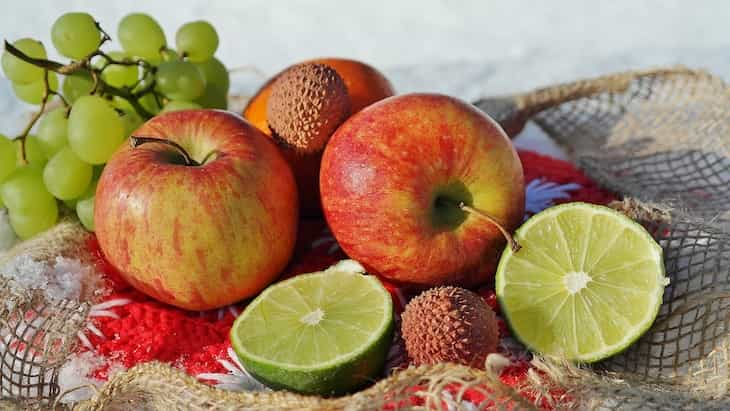In winter, our bodies often lack not only vitamin D from sunlight, but also lots of vitamins and nutrients from various foods.
While different kinds of food are available all year long, our food preferences might change during the year, which can affect your health.
Here are some examples of foods you should eat more in winter to gain all the vitamins you need.

Colorful Veggies and Fruits
Include a variety of colorful vegetables and fruits in your meals.
Different colors mean different vitamins, and they're all good for you.
Think red, green, orange – the more, the better.
Winter Greens
Don't forget about winter greens like spinach, kale, and broccoli.
They're packed with vitamins to keep you strong.
You can add them to soups, stir-fries, or even make a tasty salad.
Citrus Fruits
Oranges, grapefruits, and tangerines are not only tasty but also rich in vitamin C.
This vitamin helps your immune system, which is especially important during the winter months.
Root Vegetables
Carrots, sweet potatoes, and beets are root vegetables that are not only delicious but also loaded with good stuff.
They provide vitamins and energy to keep you going.
Nuts and Seeds
Snack on nuts and seeds. They are like little nutrient powerhouses.
Almonds, sunflower seeds, and walnuts, for example, are great choices. Just a handful can make a difference.
Fish and Eggs
Fish like salmon and eggs are fantastic sources of vitamin D.
This vitamin is essential, especially when you might not get as much sunlight during the winter.
It's like a sunshine boost for your body.
Whole Grains
Choose whole grains like brown rice, quinoa, and oats.
They not only keep you full but also provide important vitamins like B vitamins, which are good for your energy.
Mushrooms
Add mushrooms to your meals. They're not just flavorful; they also contain vitamins like B vitamins.
You can include them in stir-fries, soups, or even on top of your pizza.
Dairy or Alternatives
Milk, yogurt, and cheese are good sources of calcium.
Calcium is important for your bones and teeth, so make sure you include these in your diet.
Previously, we talked about perfect cheesecake ingredients.












